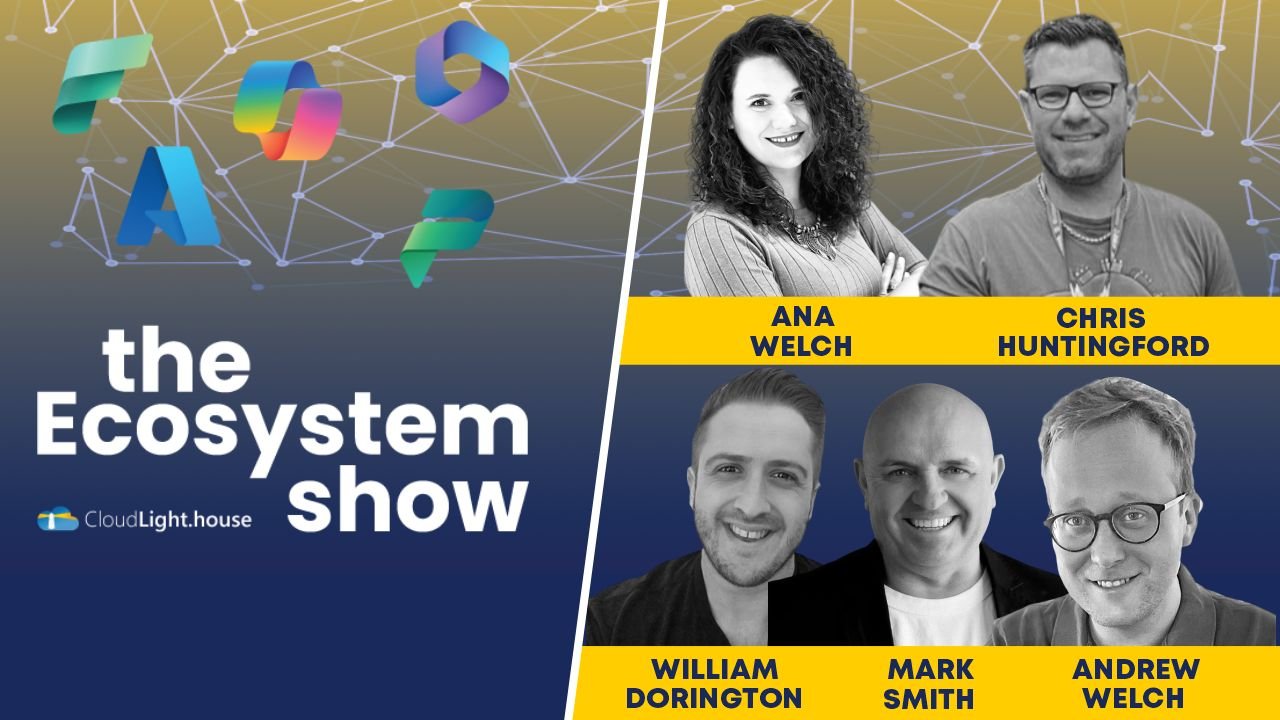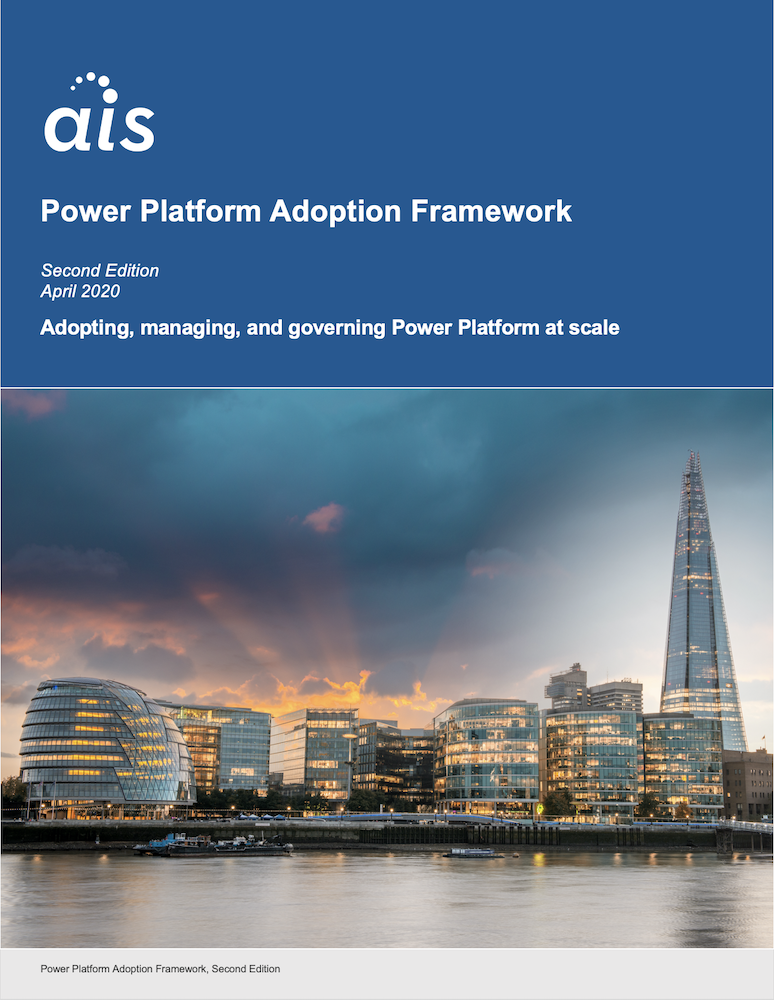
Reflecting on 2024: AI and the ‘Shiny New Object’ Effect
Reflecting on 2024, it’s clear that AI has landed and officially taken on the ‘shiny object effect’. With organizations rushing to utilize the technology, there’s been a tendency to layer AI atop an ecosystem without establishing a strategy for the fundamentals, such as data platform, data consolidation and modernization. A hope for 2025 is the normalization of AI to avoid this, and the progression of autonomous agents that learn and mimic human communication preferences, advancing beyond basic chatbots to more immersive and context-aware AI agents.
Additionally, this past year has made it apparent that not all organization’s are creating conditions for hiring across boarders, and allowing top talent to work on key projects regardless of their geographic location. A shift in this would provide multiple benefits: simplifying projects whilst widening the talent pool, supporting the freedom of dedicated workers, and releasing brain power and capital in areas that will benefit from economic growth.

Data Integration: The Key to Operational Success
In this episode, Ana, Andrew, and Chris discuss various themes including the technical difficulties faced during remote recordings, the influence of technology on elections, the challenges of cybersecurity, and the complexities of data integration and security. They also explore how algorithms shape political messaging and the implications of these technologies on society. In this conversation, the speakers discuss various themes including the impact of social media on public perception, insights gained from major conferences like Ignite, the evolution of podcasting in the tech space, and the importance of ecosystem-oriented architecture in organizations. They emphasize the need for a clear vision and cultural readiness for successful transitions in technology and business strategies.

Announcements from Microsoft Ignite 2024
Microsoft Ignite 2024 featured over 200 AI sessions. Key announcementsincluded Azure SQL transactional databases for app development, Co-pilot Studio in Power Apps for mini agents, deeper RAG capabilities with Azure AI Foundry, new managed security and operations in Power Platform, and updated governance and licensing for Co-pilot Studio.This podcast episode also tackles the rise of shadow AI, emphasizing the need for governance as 78% of workers use unsanctioned tools. Beyond the tech, it reflects on the joy of hands-on collaboration, like data modelling and brainstorming on whiteboards, proving that going back to basics can still drive innovation. What’s your top Ignite takeaway?

Power Platform in a Modern Data Platform Architecture
I’ve been thinking quite a bit lately about Power Platform as one of the three principal components of the one Microsoft Cloud, alongside Azure and Microsoft 365 of course. This is particularly important in more complex data ecosystem, one of the enterprise management dimensions you’ll find in the Power Platform Adoption Framework. So I want to expand on the “data ecosystem” concept with the idea that modern data platform architecture is a wheel or a cycle (rather than a linear flow), particularly when Power Platform solutions are leveraged (and they should be).

Seeking your contributions to what’s next for the Power Platform Adoption Framework
Lee Baker, Lucy Bourne, Manuela Pichler, Keith Whatling, and I recently put together seven major themes that we plan to address in the framework over the next six(ish) months. We’d like to share them with the community and ask for your contributions. Each of the themes listed below direct links to their milestone page on GitHub, where you can contribute your ideas, thoughts, approaches, etc. by creating new “issues”. You can also join us in open discussion of all our open issues at this link.

Sharing the Power Platform Adoption Framework's second edition
Today we’re releasing the second edition of the Power Platform Adoption Framework. We're introducing some new ideas—and new ways of thinking about existing concepts—as we enter the Power Platform Adoption Framework's second year. As a "framework", we're committed to broadly applicable best practices for adoption at scale, not to being a technical manual.

